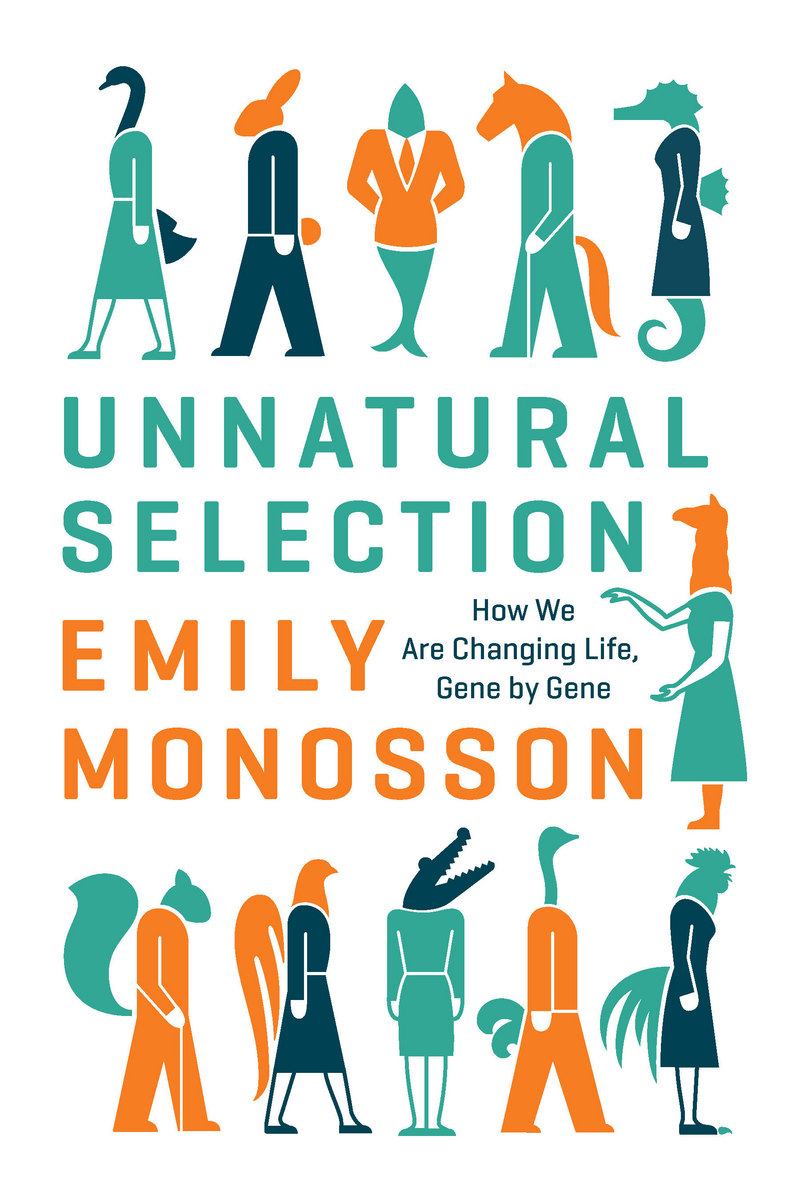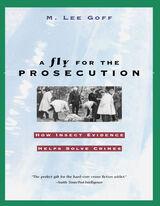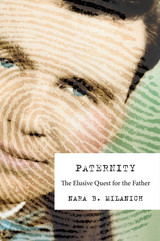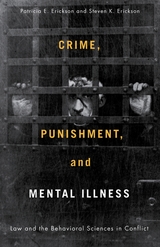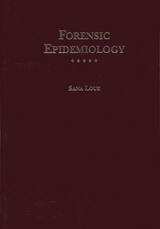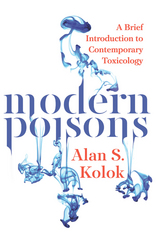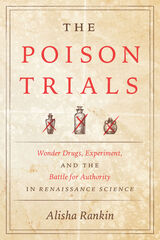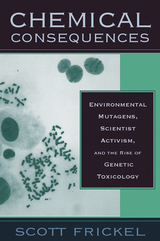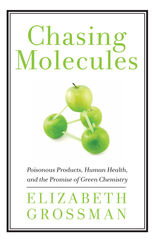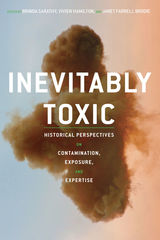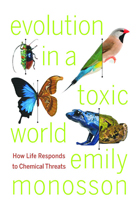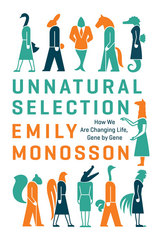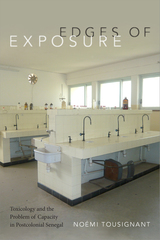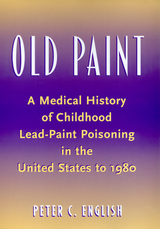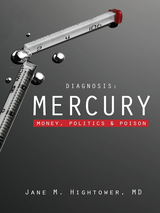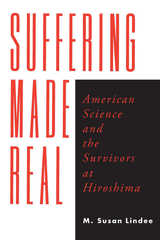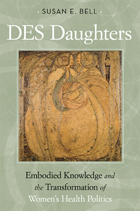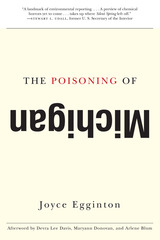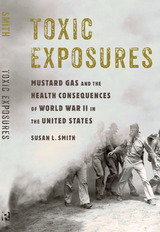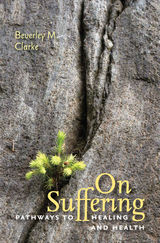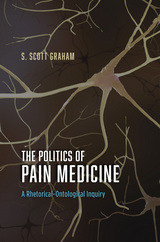Unnatural Selection: How We Are Changing Life, Gene by Gene
Island Press, 2015
Cloth: 978-1-61091-498-7 | Paper: 978-1-61091-499-4 | eISBN: 978-1-61091-500-7
Library of Congress Classification RA1226.M665 2015
Dewey Decimal Classification 576.542
Cloth: 978-1-61091-498-7 | Paper: 978-1-61091-499-4 | eISBN: 978-1-61091-500-7
Library of Congress Classification RA1226.M665 2015
Dewey Decimal Classification 576.542
ABOUT THIS BOOK | AUTHOR BIOGRAPHY | REVIEWS | TOC | REQUEST ACCESSIBLE FILE
ABOUT THIS BOOK
Gonorrhea. Bed bugs. Weeds. Salamanders. People. All are evolving, some surprisingly rapidly, in response to our chemical age. In Unnatural Selection, Emily Monosson shows how our drugs, pesticides, and pollution are exerting intense selection pressure on all manner of species. And we humans might not like the result.
Monosson reveals that the very code of life is more fluid than once imagined. When our powerful chemicals put the pressure on to evolve or die, beneficial traits can sweep rapidly through a population. Species with explosive population growth—the bugs, bacteria, and weeds—tend to thrive, while bigger, slower-to-reproduce creatures, like ourselves, are more likely to succumb.
Monosson explores contemporary evolution in all its guises. She examines the species that we are actively trying to beat back, from agricultural pests to life-threatening bacteria, and those that are collateral damage—creatures struggling to adapt to a polluted world. Monosson also presents cutting-edge science on gene expression, showing how environmental stressors are leaving their mark on plants, animals, and possibly humans for generations to come.
Unnatural Selection is eye-opening and more than a little disquieting. But it also suggests how we might lessen our impact: manage pests without creating super bugs; protect individuals from disease without inviting epidemics; and benefit from technology without threatening the health of our children.
Monosson reveals that the very code of life is more fluid than once imagined. When our powerful chemicals put the pressure on to evolve or die, beneficial traits can sweep rapidly through a population. Species with explosive population growth—the bugs, bacteria, and weeds—tend to thrive, while bigger, slower-to-reproduce creatures, like ourselves, are more likely to succumb.
Monosson explores contemporary evolution in all its guises. She examines the species that we are actively trying to beat back, from agricultural pests to life-threatening bacteria, and those that are collateral damage—creatures struggling to adapt to a polluted world. Monosson also presents cutting-edge science on gene expression, showing how environmental stressors are leaving their mark on plants, animals, and possibly humans for generations to come.
Unnatural Selection is eye-opening and more than a little disquieting. But it also suggests how we might lessen our impact: manage pests without creating super bugs; protect individuals from disease without inviting epidemics; and benefit from technology without threatening the health of our children.
See other books on: Diseases & Conditions | Environmental toxicology | Evolution (Biology) | Genetics & Genomics | Physiological effect
See other titles from Island Press
